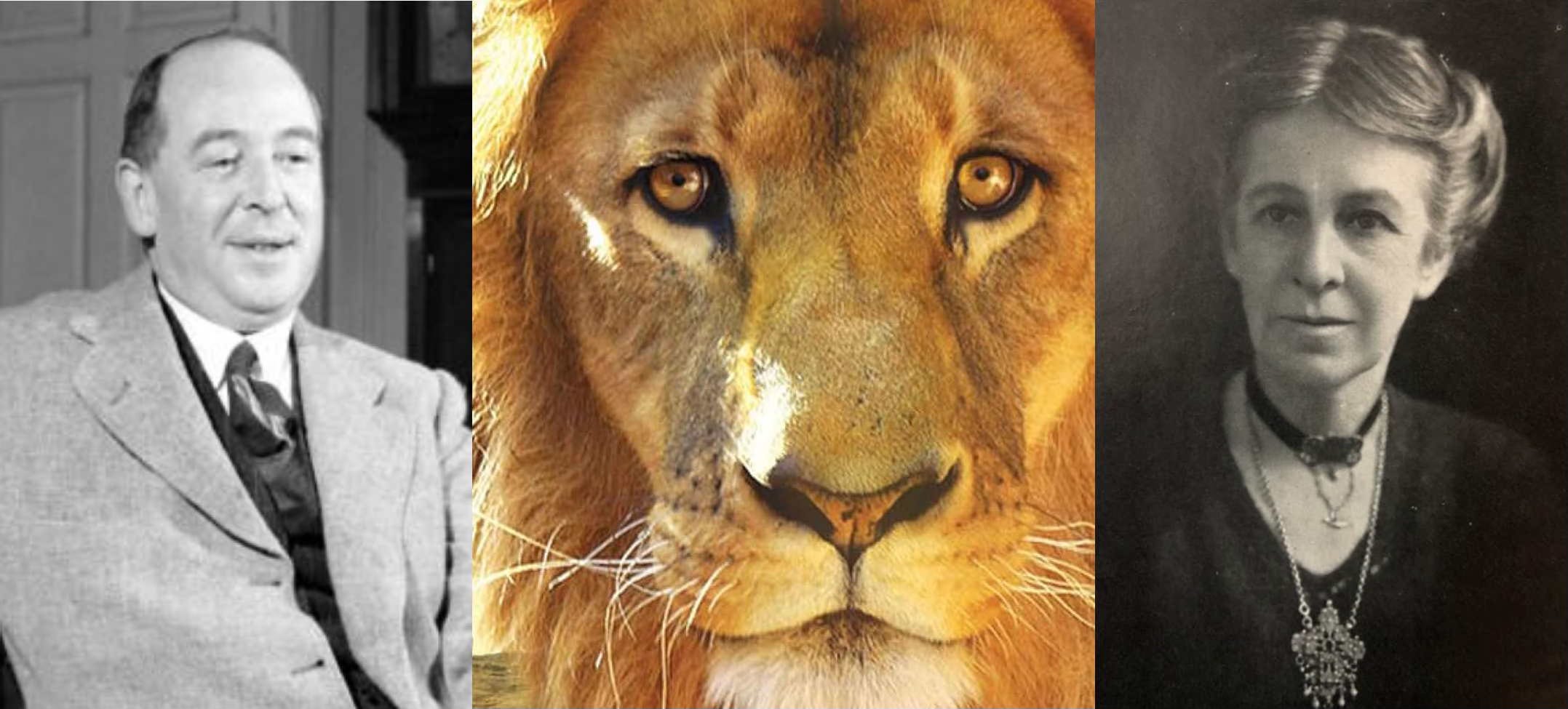By Debbie Lewis, BCC, MDiv, MS
The Joint Commission on Accreditation of Healthcare Organizations (JCAHO) has established a standard of patient care for healthcare organizations including spiritual and emotional care for patients. JCAHO identifies professional hospital chaplains as direct care providers, members of the interdisciplinary clinical team, and the discipline most responsible for assuring that these values are included in the care plan for patients.
“Spiritual assessment should, at a minimum, determine the patient’s denomination, beliefs, and what spiritual practices are important to the patient. This information would assist in determining the impact of spirituality, if any, on the care/services being provided and will identify if any further assessment is needed. The standards require organizations to define the content and scope of spiritual and other assessments and the qualifications of the individual(s) performing the assessment [with many organizations requiring chaplains to be board certified].”
While there is no direct relationship between spiritual direction and requirements for the hospital, JCAHO states that the patient’s spiritual assessment is to include identification of spiritual practices important to the
patient. These practices are then considered in the plan of care for the patient, be it anointing, prayer, or meditation.
The Joint Commission is also an advocate for the ANCC’s Magnet Services Recognition Program – a credentialing program for recognizing a hospital as a center of nursing excellence – because of the positive impact the program has had in creating workplace cultures and nursing practices that support patient safety and high-quality care.
For more information on the Joint Commission, visit http://jointcommission.org/





